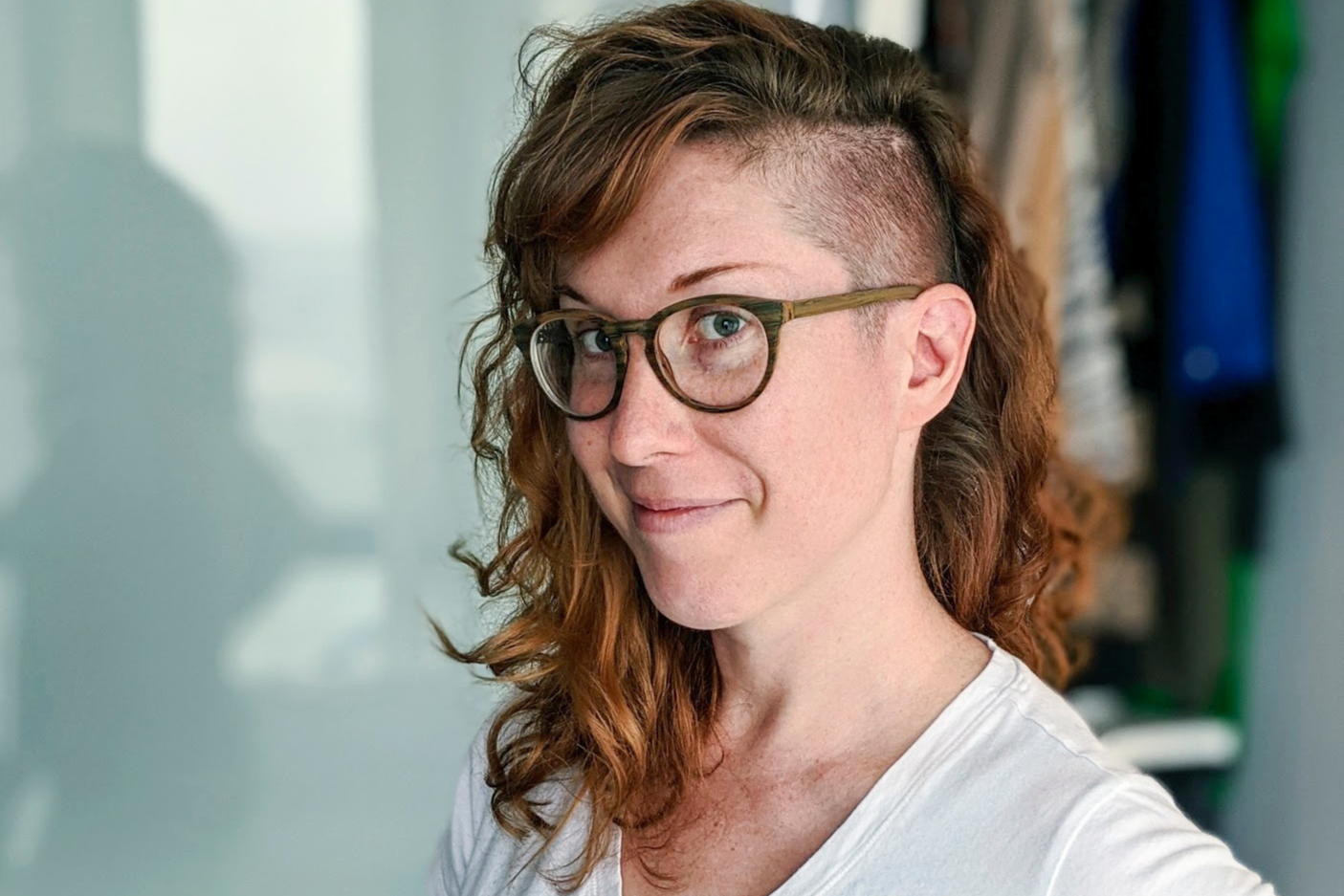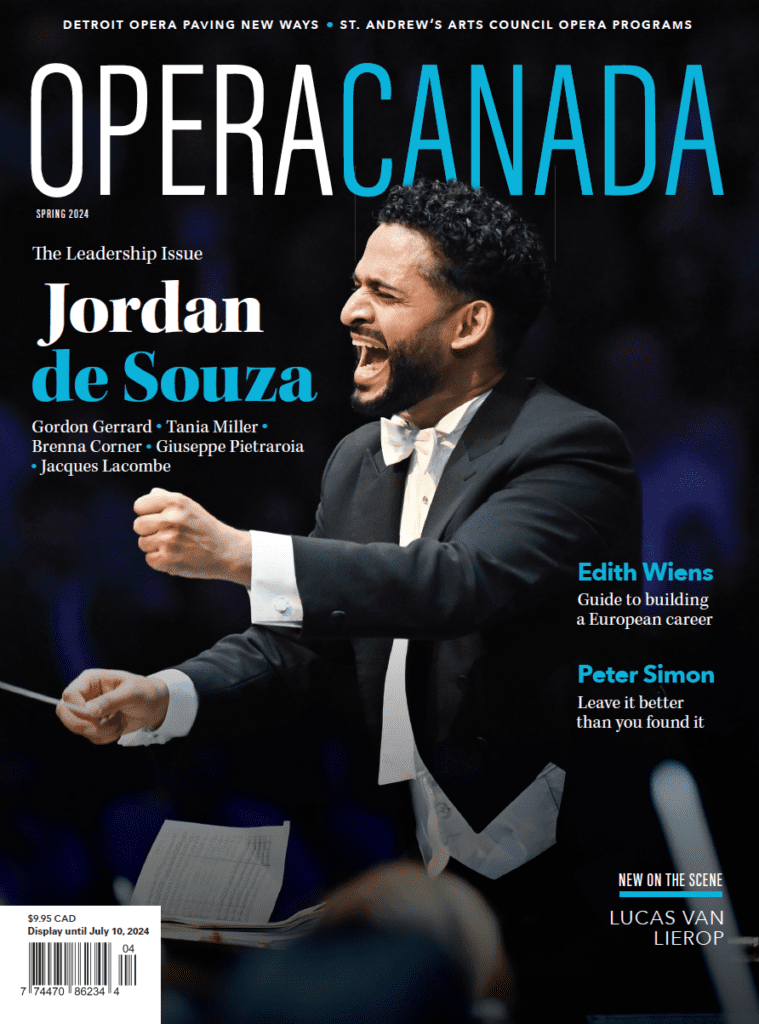Our advice series continues! In this latest instalment of “Dear singer…” we hear from UK-based composer James Garner, whose opera, Much Ado, is set to premiere out of Opera McGill in 2023. Garner urges composer to sing, singers to look outside of the box, and for kindness all around:
“I’m grateful that I somehow caught the singing bug. It arrived long before I could write anything half decent, it fuelled a fascination with the physiology of singing throughout my degree, and it has served me pretty well in my career so far. Several of my close friends are singers, so answering the question of what composers require from them, without first evening the score a little, could quickly make me unpopular.
“To preserve my social singer circle, I’ll say this: composers should at least try a bit of serious singing themselves, before writing for voice. It’s probably the most inexpensive and accessible instrument to learn, since almost everyone has had a fully functioning one since birth. And if developing at least some basic ability with orchestral instruments has provided a solid foundation to the world of orchestral writing for many composers, then why don’t we talk more about composers learning to sing?
“I think we often yearn to hear a greater variety of vocal colouration and phrasing than is traditionally encouraged within ‘standard rep’.”
“The first thing I would say to singers is that I am in awe of what they do. I’ve been very lucky to work closely with plenty of brave singers who dare to do that high-wire feat of balancing musical precision with colourful vocality and truthful acting. I know how difficult it is to access the state of mind required to achieve all of that, especially the acting part, which I fear is often low down in the list of priorities when training classical singers. For teachers, voice building is a complex and difficult business, and in exposing singers to repertoire, there’s a very understandable bias towards Bach, Handel, Mozart, Schubert and Puccini.
“As living composers though, I think we often yearn to hear a greater variety of vocal colouration and phrasing than is traditionally encouraged within ‘standard rep’. That can be an unfamiliar thing for a singer to incorporate into their palette when they’ve typically been trained to develop a certain consistency of placement and default legato throughout their singing. I realised this when chatting to Opera McGill students in workshops for my next opera, Much Ado. While discussing a quick, pattery ensemble from the opera, one singer told me that they were surprised by how much more speech quality they had to recruit into their singing, almost hyper-articulating the text in a way that felt like a halfway house between opera and musical theatre.
“whether you’re singing music by a singing or non-singing composer, I think it’s always good to be gentle with us.”
“I find that plasticity and openness in young performers really inspiring and I can’t recall ever working with a singer-in-training who just refused to try something. I think making that curiosity and fearlessness part of your artistic practice as a singer is perhaps one of the greatest gifts you can offer a composer.
“Despite what I initially said about composers, I should set the record straight that some of us do actually sing! Errollyn Wallen, Caroline Shaw, Diana Syrse and Helen Chadwick are great examples. But whether you’re singing music by a singing or non-singing composer, I think it’s always good to be gentle with us. I say this not because I’ve ever had a bad experience with a singer in this sense, nor to protect egos, but more because of the nature of how we tend to work. Particularly in opera, it can be a pretty long and overwhelming slog to get a vocal score to the cast, so by this stage, all we want is for things to go smoothly and enjoyably for the singers! Even if a composer has missed the mark vocally, the best situation would be one where the singer suggests a solution to the composer or both parties find a work-around together.
“I think if both singers and composers can work more collaboratively together, this might be the most satisfying way to overcome the blindspots of training programmes and the old Ivory Tower approach to commissioning within the industry.”







